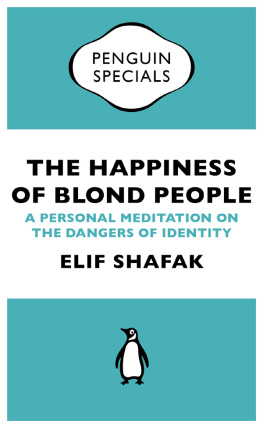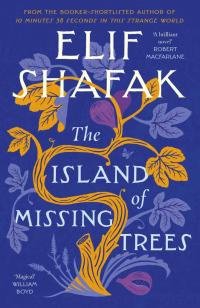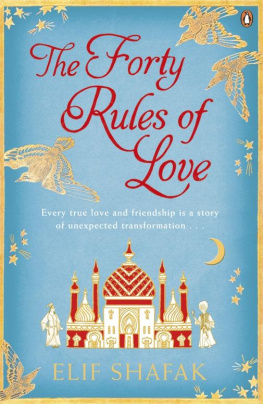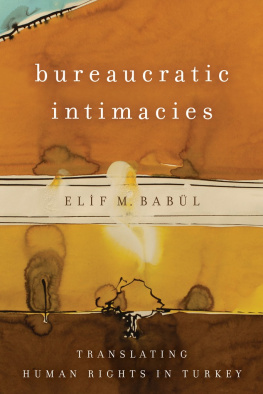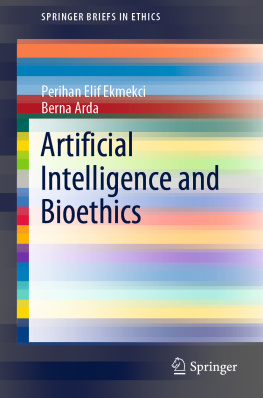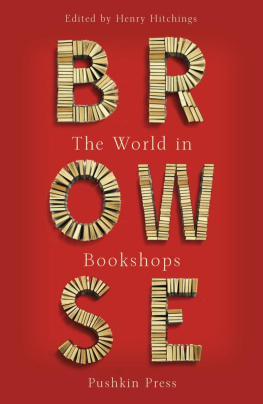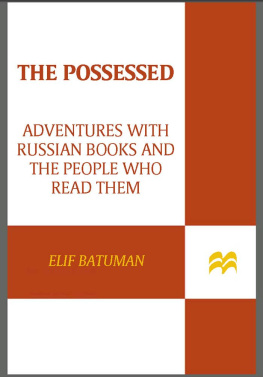ABOUT THE AUTHOR
Elif Shafak is the acclaimed author of the award-winning The Gaze and The Bastard of Istanbul and is the foremost female author in Turkey. She is a contributor to the Telegraph, the Guardian and The New York Times and her TED talk on the politics of fiction has received over 300,000 views since July 2010. She is married with two children and divides her time between the Istanbul and the UK.
Penguin Shorts
We believed in the existence in this country of a vast reading public for intelligent books at a low price, and staked everything on it
Sir Allen Lane, founder of Penguin Books.
The first affordable quality books for a mass audience were brought out by Penguin nearly eighty years ago. And while much has changed since then, the way we read books is only now becoming different. Sometimes it is still only a hardback or paperback book that will do. But at other times we prefer to read on something either more portable a dedicated reading device or our smart mobile phone or more connected, such as a tablet or a computer.
Where we are or how much time we have often decides what it is we will read next.
Penguin Shorts and Penguin Specials are designed to fill a gap. They are short, they are original and affordable, and they are written by some of todays best and most exciting writers. And they are available only in digital form.
Written to be read over a long commute or a short journey, in your lunch hour or between dinner and bedtime, these brief books provide a short escape into a fictional world or act as a primer in a particular field or provide a new angle on an old subject.
Always informative and entertaining, Penguin Shorts and Penguin Specials offer excellent writing that you can read on the move or in a spare moment for less than the price of a cup of coffee.
The Happiness of Blond People
Three years ago, at The Hague Airport in Rotterdam, feeling slightly withdrawn and weary after giving the opening speech of an international literary festival whose main theme was fear fear of globalization, terrorism, refugees, climate change and so forth I was in a queue waiting to check in my luggage with Turkish Airlines. In front of me was a family with three children: two girls with identical haircuts and dresses, and a boy wearing a brown suit and bow tie, looking like a miniature version of the famous fictional detective Hercule Poirot. The mother was feeding the little ones home-made brek, filled pastries, while the father, middle-aged and Turkish, was engaged in a lengthy conversation with another passenger. At some point, the second man raised his hands in exasperation and exclaimed, Oh, its absolutely insane what she is doing to you! I dont remember what piqued my curiosity, the word insane or the dramatic gesture itself, but I began to eavesdrop on their exchange. The father was explaining how every time his children ran around the flat or made the slightest noise, the elderly Dutch lady downstairs instantly called the police. And, to his surprise, the police did indeed arrive each time, with their emergency lights on, their sirens blaring, as if there had been a threat to national security.
We would have moved out long ago, but its not easy, he continued. Imagine, I come home dog-tired every evening and get so stressed out that I tense at every little sound. No peace of mind. In our own house we are whispering and tiptoeing like petty criminals!
What is wrong with your neighbour? said the other passenger a man with kind hazel eyes and a drooping moustache. Does she expect you to raise your kids in an aquarium, or what?
There was a pause, a mutual understanding, an unspoken camaraderie. Into that fleeting silence the second man murmured as though to himself: You know, I never understand. How is it that their children are so quiet and well disciplined?
Yeah, said the distressed father, his voice suddenly softer. Blond children never cry, do they?
The queue proceeded, I checked in my bags, and during the hustle and bustle of the day, and the ordinary chaos I encountered in Istanbul upon my arrival, the two immigrant men were pushed to the margins of my memory. That sentence, however, stuck with me. I started mulling over what they had meant. I started contemplating the happiness of blond people.
Heidegger believed that Angst was an integral part of our lives, intrinsic to the very nature of the human condition. Across the wide spectrum of feelings and emotions, it was anxiety that most reflected the essence of our existence, our fragility, our mortality. By Angst Heidegger meant something quite different from fear. The latter is almost always fear of someone or something be it concrete or abstract, rational or irrational, plausible or preposterous. Yet the person suffering from anxiety, unlike the person in the grip of fear, cannot easily pinpoint a reason for his or her state of mind. As such, anxiety is at best elusive, at worst a sheer mystery. The clear courage for genuine anxiety guarantees the mysterious possibility of the experience of Being, Heidegger said. For close by genuine anxiety [from] the terror of the abyss dwells awe. This clears and protects that realm of human being within which man dwells at home in the enduring.Angst transcends classes and cultures, and its vagueness lies at the core of Dasein, or being in this world.
Nonetheless, as fundamental and universal as anxiety tends to be, we may rightly assume that there are stages in ones life when the feeling is augmented, in other words, when the terror of the abyss is heightened. If such is the case, emigrating abandoning ones hometown and loved ones, moving into a new place, being exposed to an alien culture where everything is, or seems, unfamiliar and starting life again from scratch is likely to be one of those tempestuous stages. We have always emigrated from our land for the same reasons and with the same feelings of remorse, says the Lebanese intellectual and author Amin Maalouf in his memoir, Origins. The one who leaves his or her homeland for good is often stalked by mixed emotions of guilt, longing, confusion, anticipation and insecurity, some or all of which can spring up from out of nowhere, for no reason at all.
It has always amazed me to find first-generation immigrants now old and frail but otherwise well off and successful, who have fully adapted to their new countries still being stalked, even after thirty or forty years, by this odd disquietude. It is a condition that their children and grandchildren may not share and find rather hard to understand.
I remember vividly an elderly Armenian shopkeeper whom I had met by chance in San Francisco while writing my novel The Bastard of Istanbul. We had a long, genial chat about our common cuisine, proverbs, painful history and folk songs that had the same melody but slightly different lyrics in various tones of sadness and about how both Armenian and Turkish stories tended to start with the same preamble: Once there was, once there wasnt He had been born in Istanbul, moved to the States as a boy in the mid 1930s, got married there and in general led a prosperous life. Yet when he told me about his home in Istanbul there were tears in his eyes. You know why I have never gone back to visit the old city? he said. Because if I go I wont come back to America. Ever! Ill stay there, die there and be buried there. I love it so much. My kids dont get it, they are too American, what do they know about unrequited love?
Both daring and timid, both actor and audience in a theatre of dizzying change, the immigrant is a fragmented being who carries the ghosts of his past wherever he goes. The sharper the conflicts at work in the host society and the more negative the reception of outsiders, the greater the newcomers inner divisions. The immigrant must be prepared to swallow his share of humiliations every day. He has to accept that life will treat him with disrespect and that hell be smacked and jostled with undue familiarity. Displacement and expatriation are conducive to a more intense

